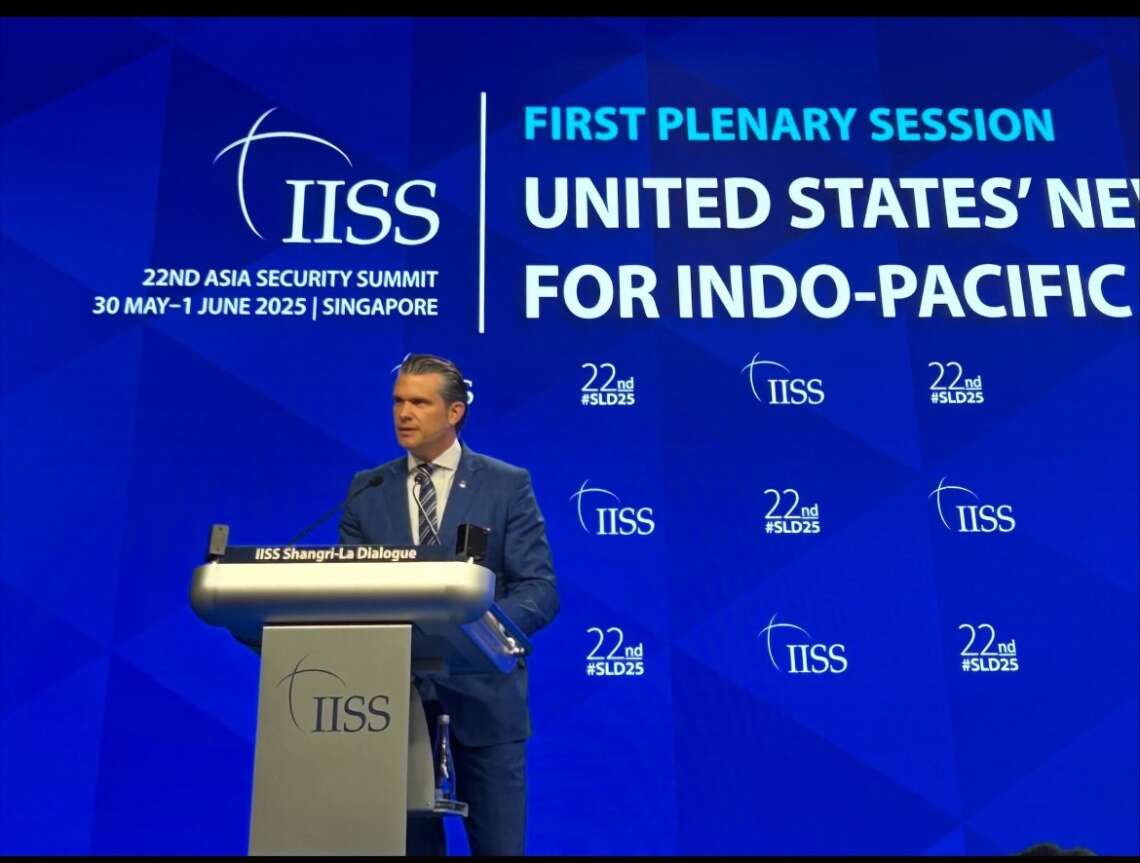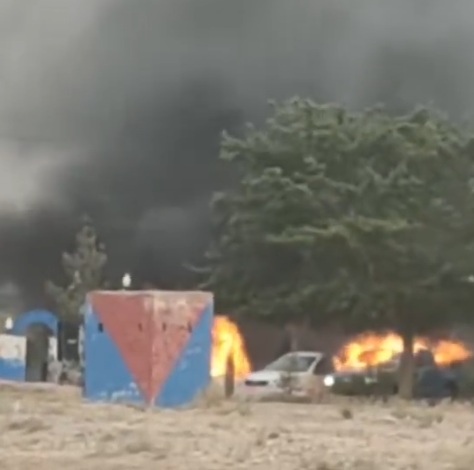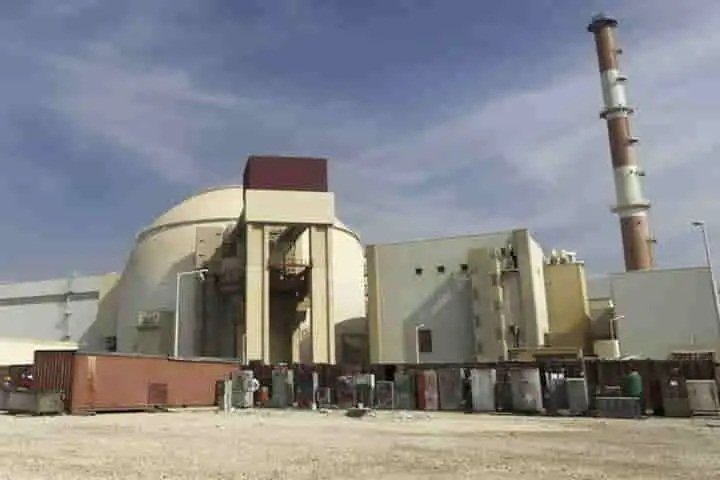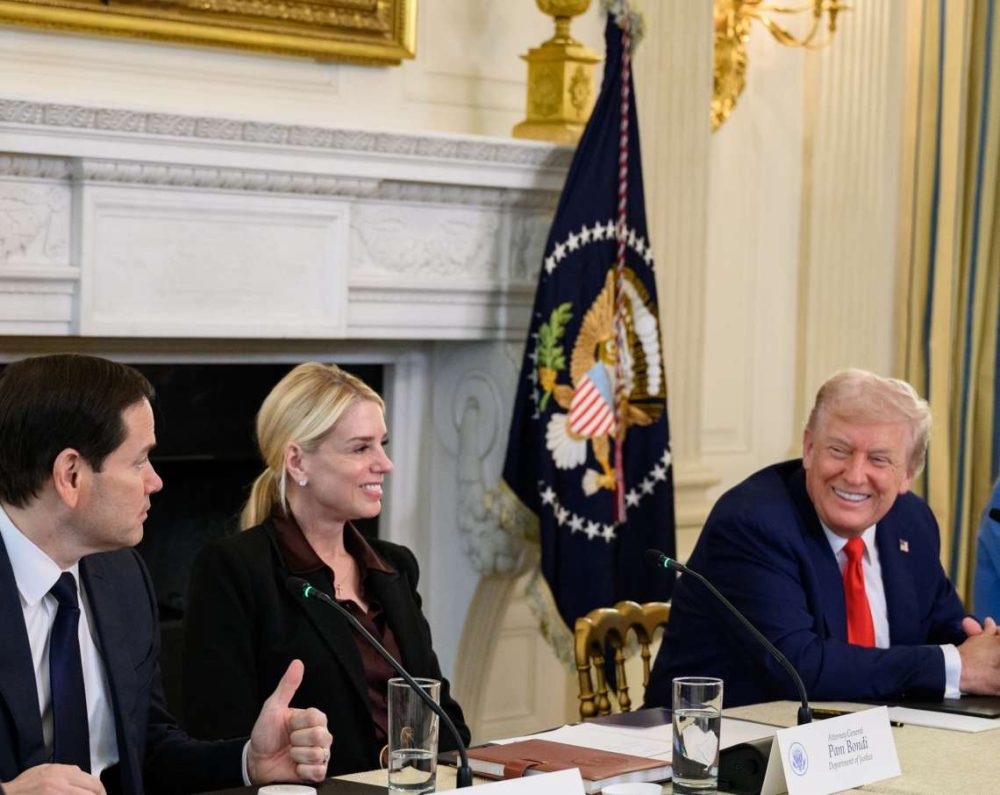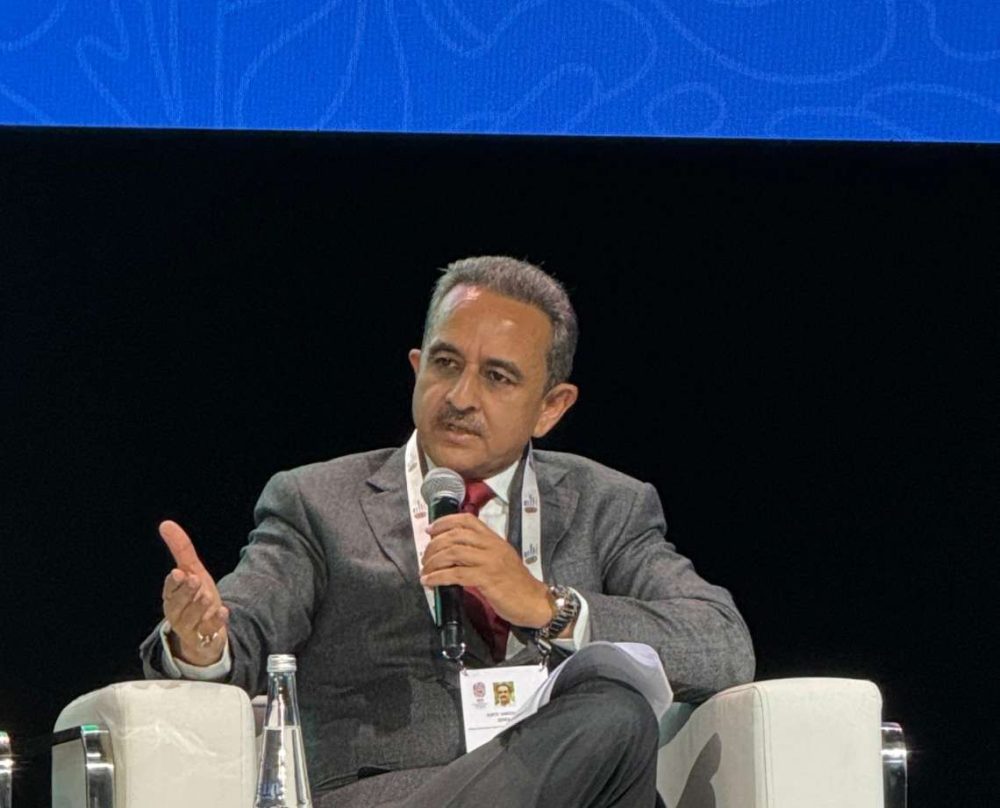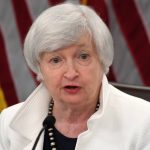Speaking at the annual Shangri-La Dialogue in Singapore, US Secretary of Defence Pete Hegseth delivered a forceful address declaring that China is “rehearsing for the real deal” with military drills simulating a potential invasion of Taiwan.
The United States has issued one of its sharpest warnings yet against China’s expanding military ambitions, urging Asian nations to increase defence spending and collaborate more closely with Washington to deter what it called a “credible and imminent” threat posed by Beijing, particularly toward Taiwan.
Speaking at the annual Shangri-La Dialogue in Singapore, US Secretary of Defence Pete Hegseth delivered a forceful address declaring that China is “rehearsing for the real deal” with military drills simulating a potential invasion of Taiwan. He accused China of actively preparing to alter the regional balance of power through force and said the US would not retreat from its commitments in the Indo-Pacific.
“Let me be clear: any attempt by Communist China to conquer Taiwan by force would result in devastating consequences for the Indo-Pacific and the world,” Hegseth said. “There’s no reason to sugarcoat it. The threat China poses is real. And it could be imminent.”
The defence secretary reiterated that while the United States does not seek conflict or regime change in China, it will stand firm against Beijing’s coercive actions and maintain a strong presence in the region. “We do not seek to dominate or strangle China… but we must ensure that China cannot dominate us or our allies and partners,” he said.
Hegseth’s remarks underscored growing unease in Washington over China’s military buildup and aggressive posture in contested waters, particularly the South China Sea. Citing cyberattacks, harassment of neighbouring nations, and illegal militarisation of disputed reefs, Hegseth said China had violated international law and destabilised the region. The South China Sea, a vital conduit for over 60 per cent of global maritime trade, has been a flashpoint between China and several Southeast Asian countries, as well as the US Navy’s freedom of navigation operations.
The defence chief also referred to a 2027 timeline — long cited by US officials — by which Chinese President Xi Jinping is believed to have instructed the People’s Liberation Army to be fully capable of invading Taiwan. While China has not confirmed such a timeline, Hegseth claimed Beijing is building the capacity to carry out such an operation and training for it daily.
Despite the serious tone of the US message, China notably downplayed its involvement at the summit. Unlike previous years, Beijing did not send a top-level defence minister, instead delegating a lower-ranking military official from the National Defence University. Its scheduled speech was also abruptly scrapped without explanation.
China’s embassy in Singapore responded furiously to Hegseth’s speech, calling it “steeped in provocations and instigation”. In a statement posted to Facebook, the embassy accused the US of being the region’s biggest destabilising force, citing the deployment of offensive weapons systems and regular surveillance missions near Chinese territory.
“The country claims to safeguard peace and not to seek conflicts. We’ve heard it. Let’s see what moves it will take,” the statement read. It also denounced the US for increasing defence spending and stirring up uncertainty globally.
Organised by the International Institute for Strategic Studies (IISS), the Shangri-La Dialogue has long been a venue for the US and China to make their competing strategic cases to the region. This year, however, the absence of a senior Chinese delegation and the cancellation of its speech suggest a calculated decision by Beijing to avoid a public confrontation.
Beyond rhetoric, Hegseth called for concrete actions from US allies in Asia, urging them to strengthen their own military capabilities. He warned that “deterrence does not come cheap” and praised European nations, such as Estonia and Germany, for boosting defence spending in response to Russia’s aggression — and urged Asian partners to follow suit in the face of China’s assertiveness.
“How can it make sense for countries in Europe to do that while key allies and partners in Asia spend less in the face of a more formidable threat?” he asked, asserting that US allies in the Indo-Pacific “should be partners, not dependents”.
To reinforce regional resilience, Hegseth announced initiatives including a new Indo-Pacific defence industrial partnership, featuring projects such as a radar repair hub in Australia and increased support for unmanned drone manufacturing.
He also cautioned Asian governments against deepening economic ties with China, saying Beijing would weaponise these relationships to exert “malign influence” and complicate collective defence efforts.
The defence secretary’s remarks came just a day after French President Emmanuel Macron addressed the summit with a proposal for Europe to become an ally to Asia. In response to a question on Macron’s speech, Hegseth said the US would prefer Europe to focus its investments within its own continent, allowing America to exercise its “comparative advantage” in the Indo-Pacific.
The Chinese embassy seized on the comment, accusing the US of using Europe’s defence burden to fund its strategic operations elsewhere. “Will the expanded portion [of US defence spending] come from tariffs it imposes on other countries?” it asked, alluding to President Trump’s sweeping global tariffs that have rattled US allies and trading partners.


